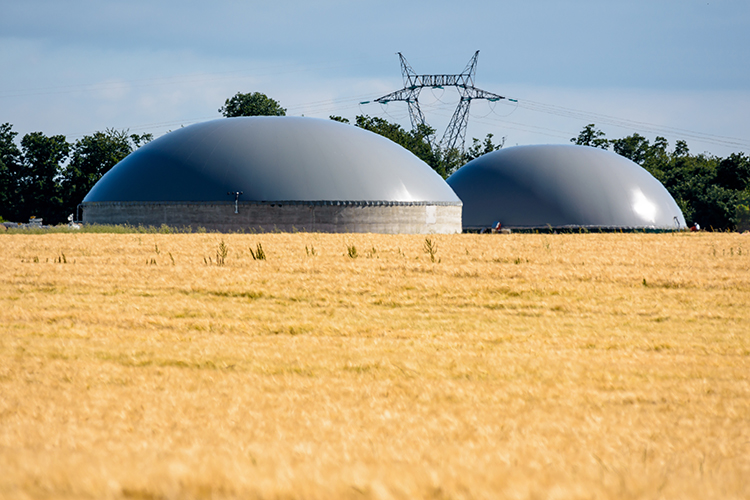
The word sustainability comes with many definitions. Right now, in agriculture and food manufacturing, the focus is on protecting natural resources and reducing greenhouse gases. These are honorable and necessary goals, of course, but for farmers, there’s another piece of the puzzle.
“Sustainability isn’t just about being environmentally friendly,” said food and agriculture consultant Betty Berning during a recent I-29 Moo University podcast. “If we don’t have clean water, we are in trouble. If we don’t have clean air, we are in trouble. But at the same time, a dairy farmer is not going to stay in business if they can’t be profitable. There’s a financial element; people also need to be financially sustainable.”
That being said, some of the technology available to make farms more sustainable from an environmental standpoint have become more economically viable. Berning, the operator of Betty Berning Consulting, used anaerobic digesters as an example.
“For a lot of farms, the technology has improved enough, and there are enough policies and funding opportunities in place, where a digester might make sense. It’s changed,” she said. “We have gotten more innovative and more creative so that some of these things work.”
Cover crops were another example Berning shared. She said that farmers who utilize cover crops find they are not only good for the environment but also help them be more profitable through healthier soils and improved crop yields. “There’s another example of something that’s good in many ways,” she noted.
It can be frustrating to farmers when practices are suggested or even required by national organizations or large food manufacturers who seem disconnected with production agriculture. A lot of times, Berning said the people making these decisions just don’t understand the issues farmers are facing or why an idea can’t easily be implemented.
“Be willing to have the conversation,” she advised. “Be part of producer groups, talk to people in the legislature. All of those things can help to turn the dial.”
She encouraged farmers to be open to some of the new ideas and technologies that are being proposed today. “No dairy farmer is going to continue in a business that’s not profitable. That doesn’t make sense and is not possible,” she said, “but I am optimistic that there are sustainable solutions that are also profitable.”








